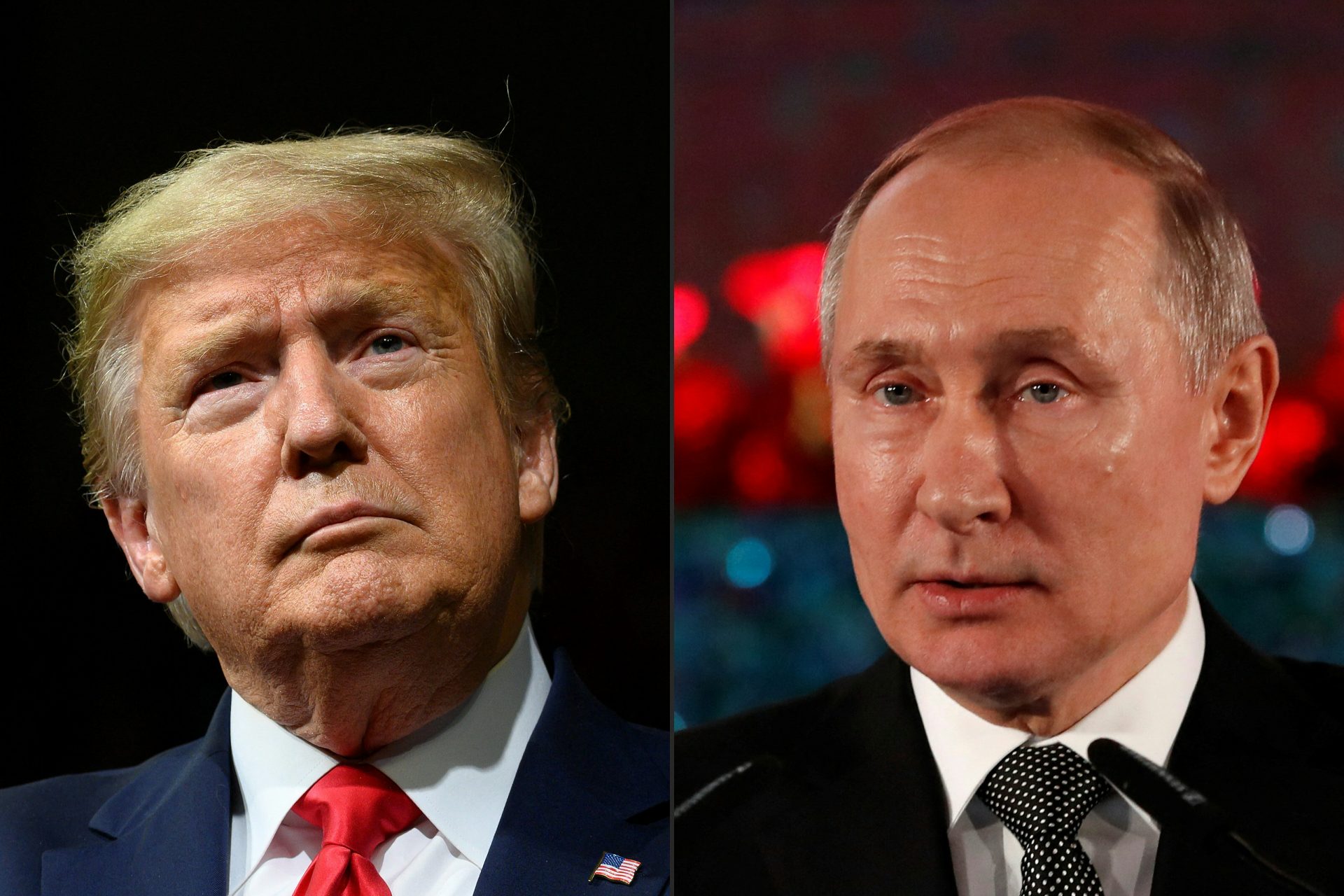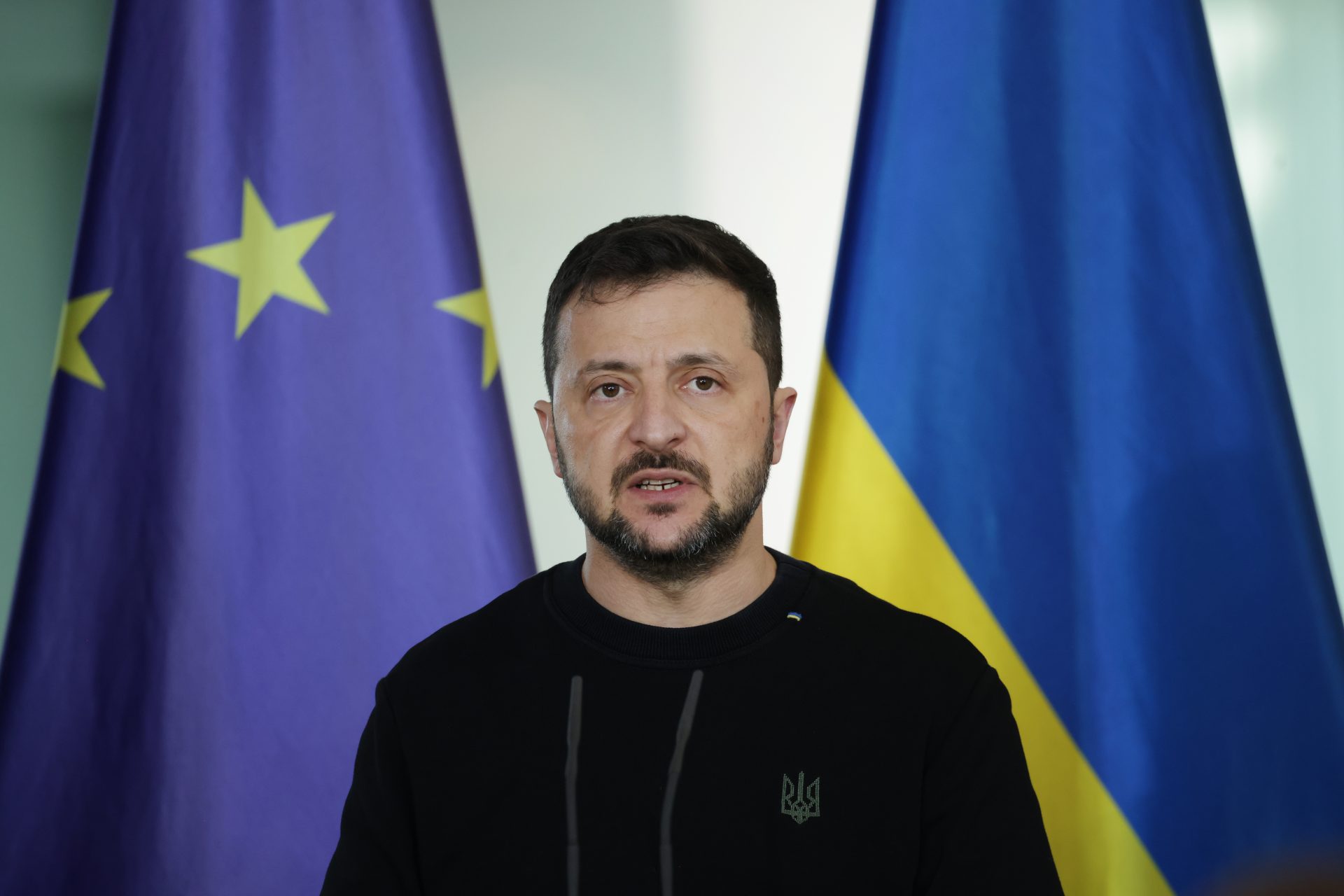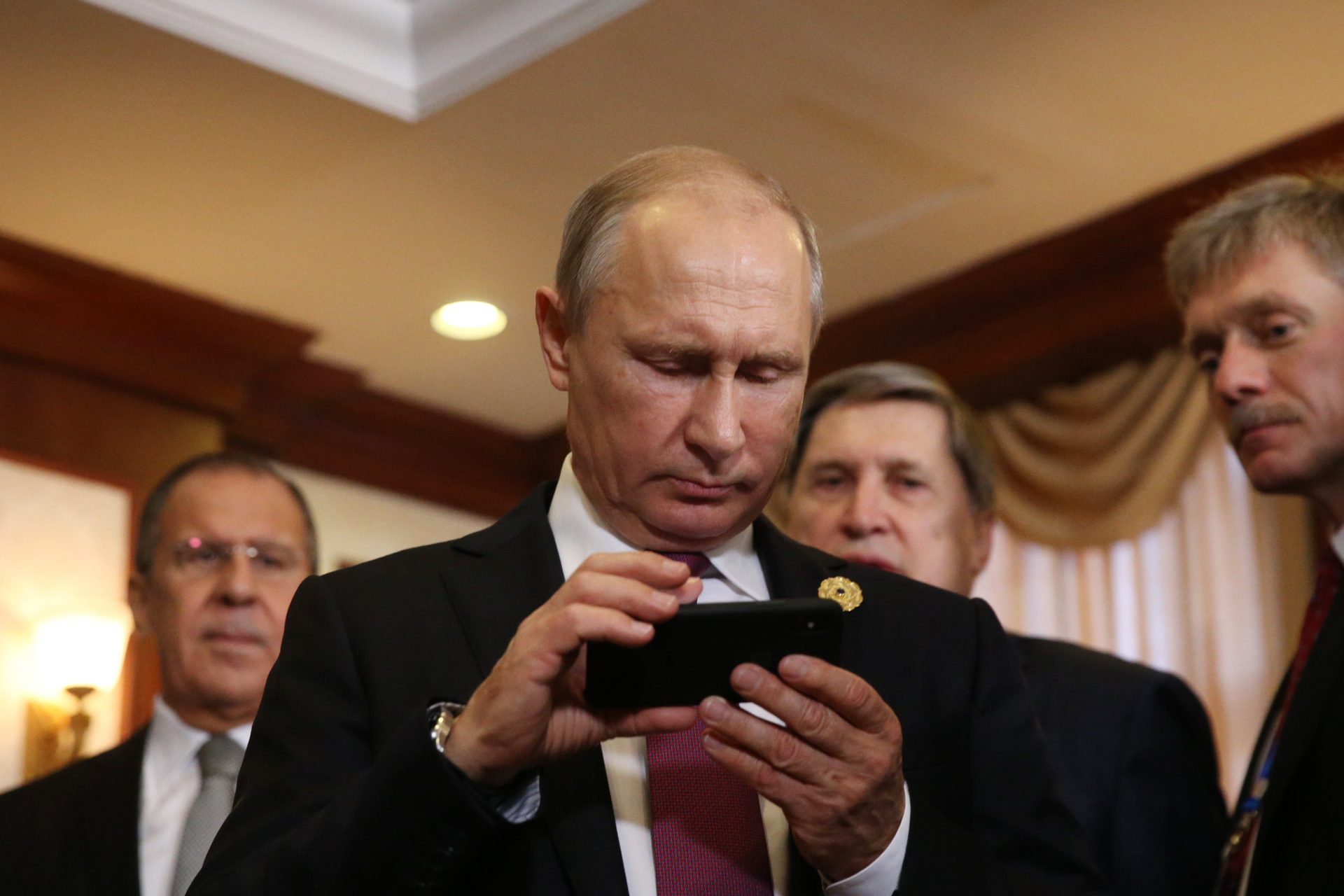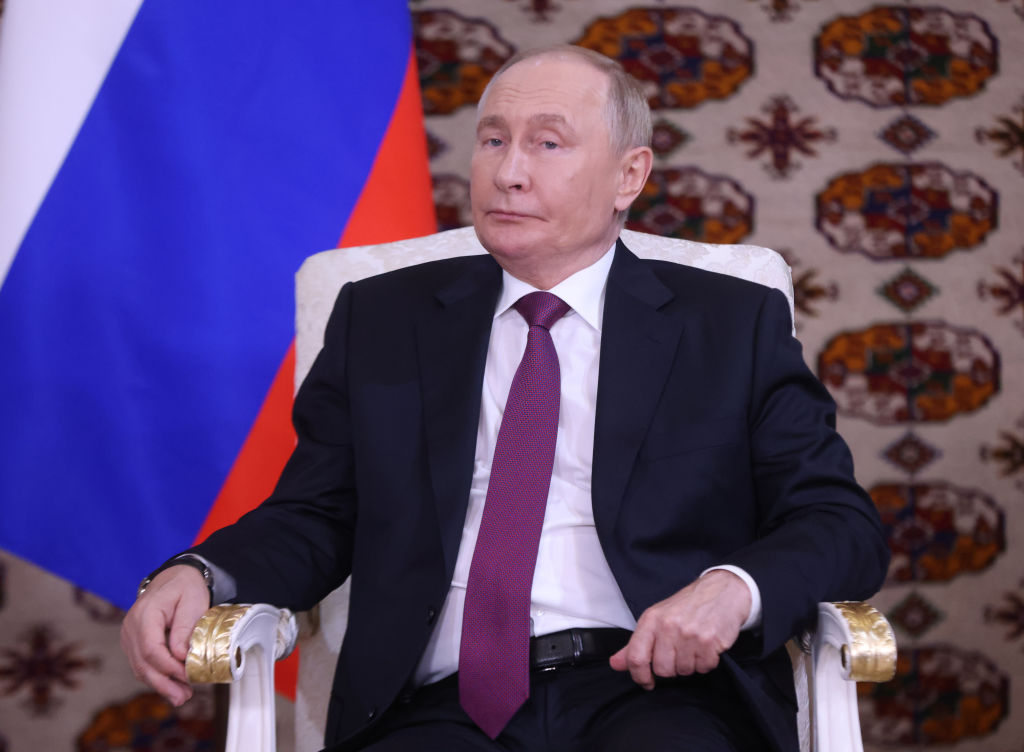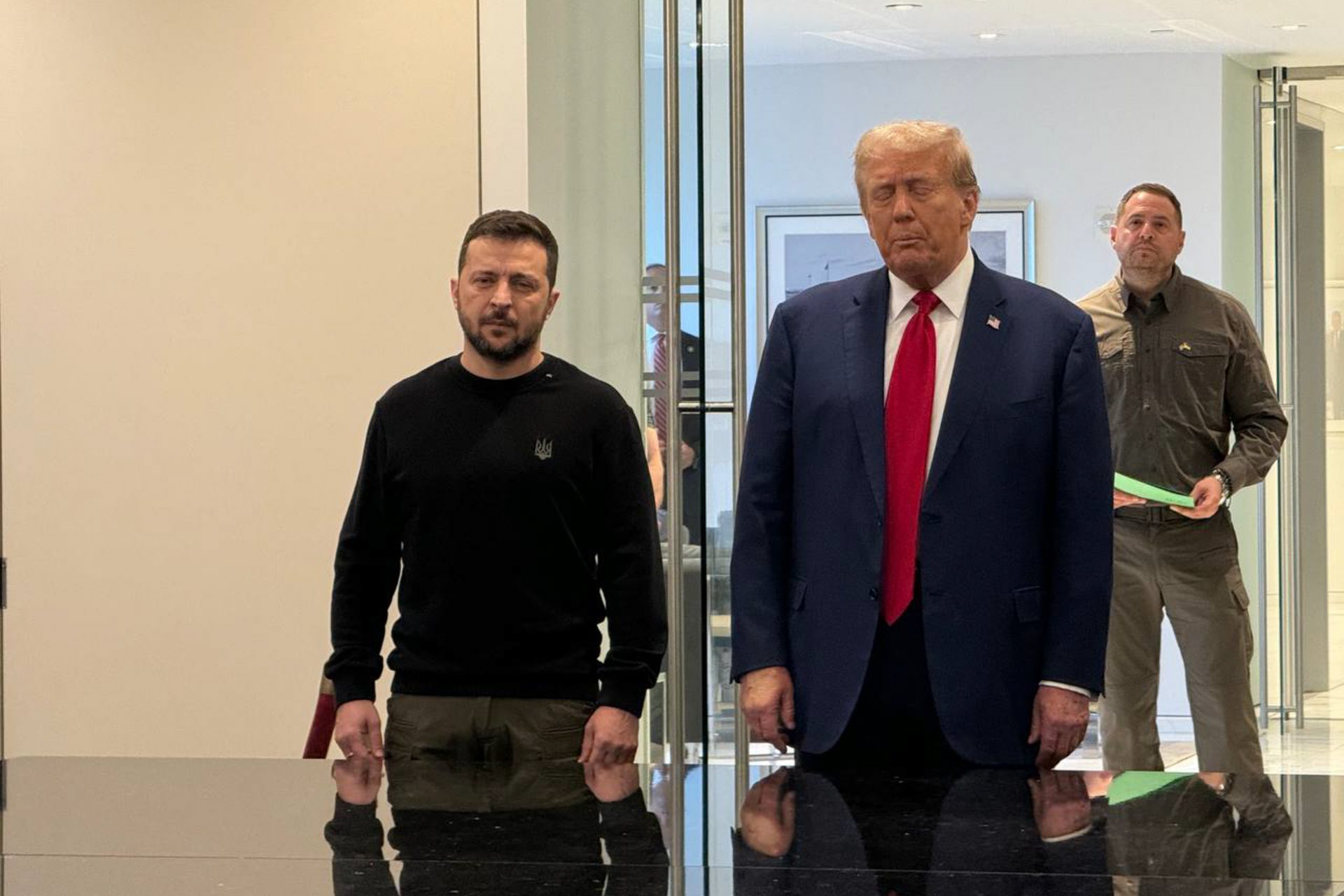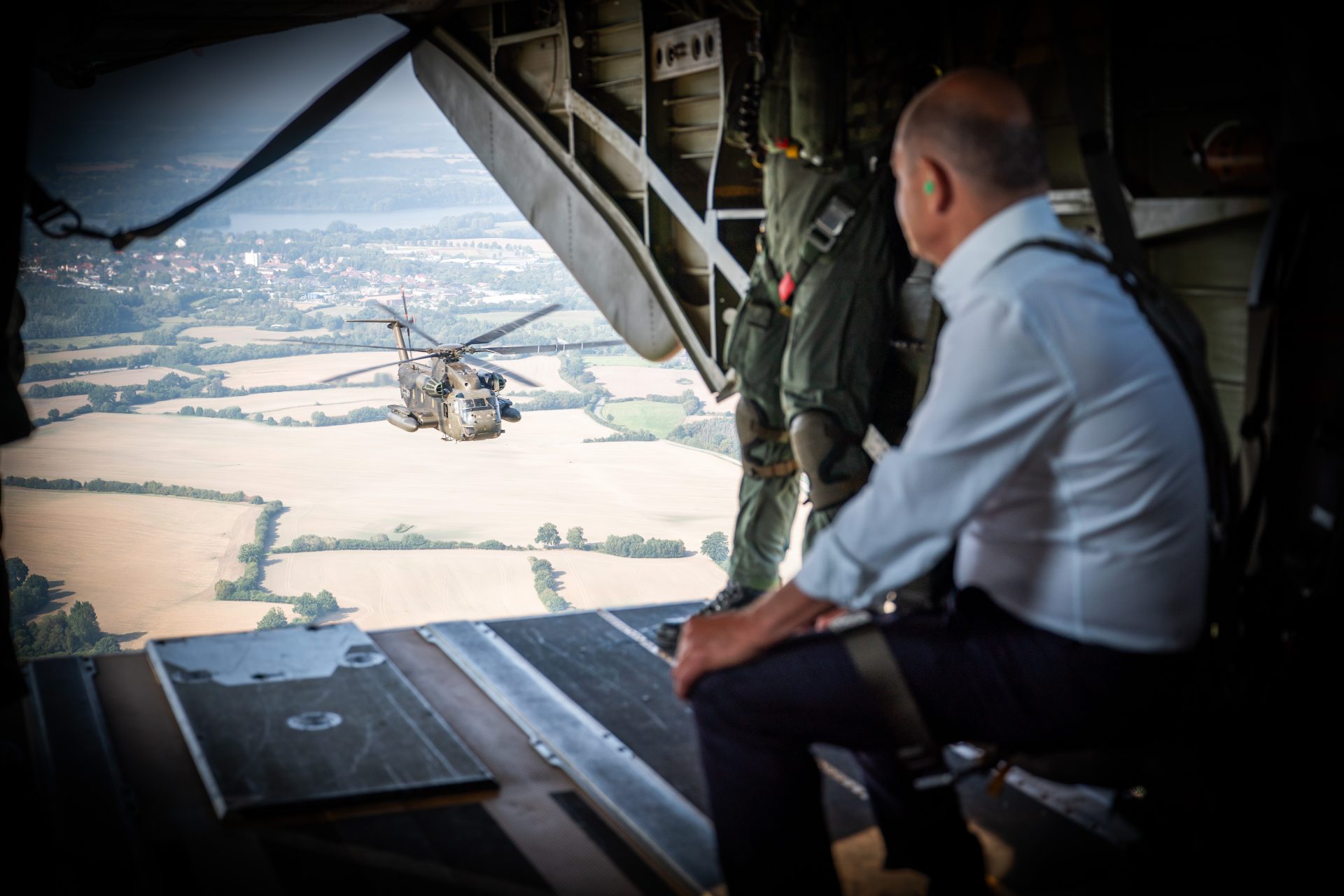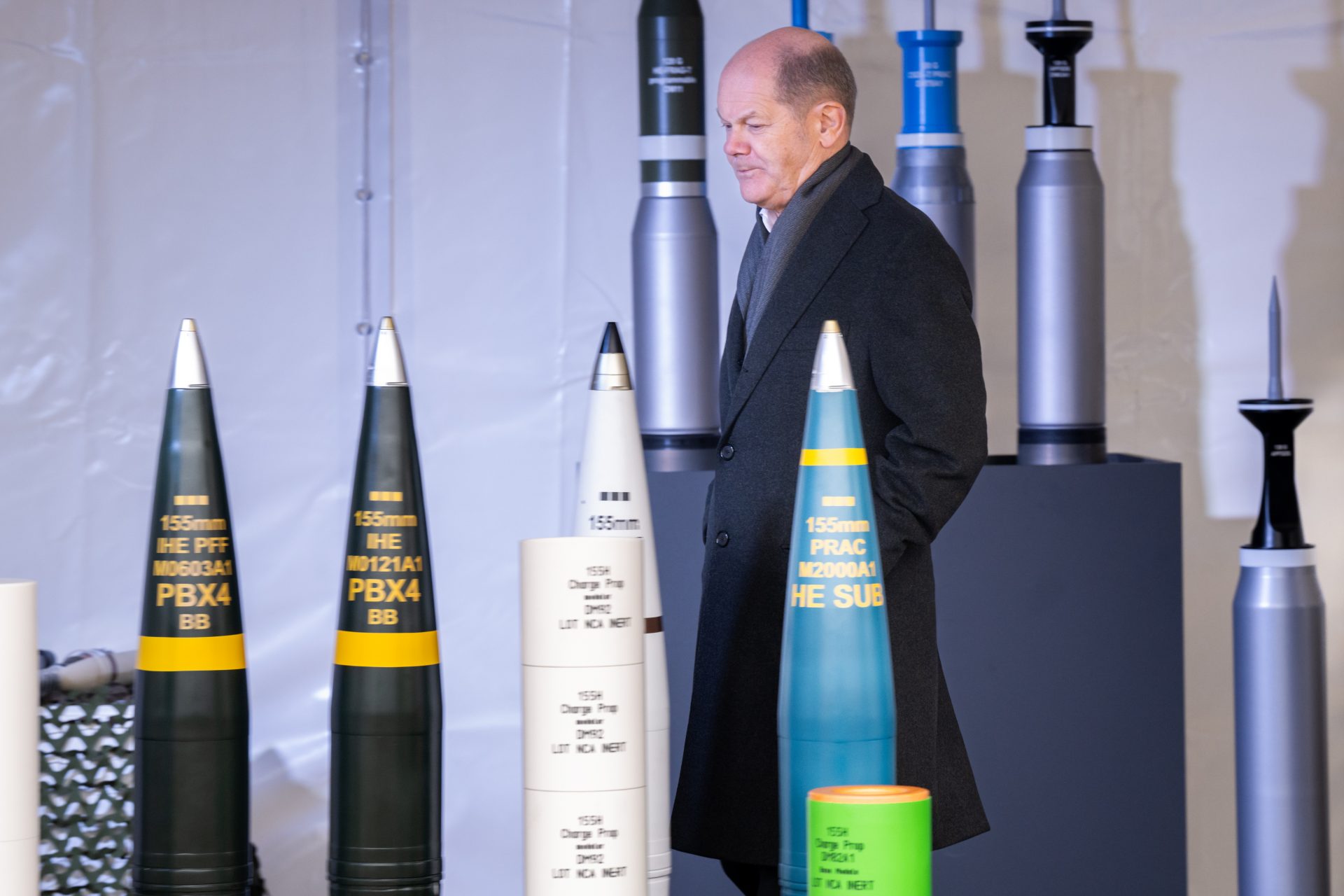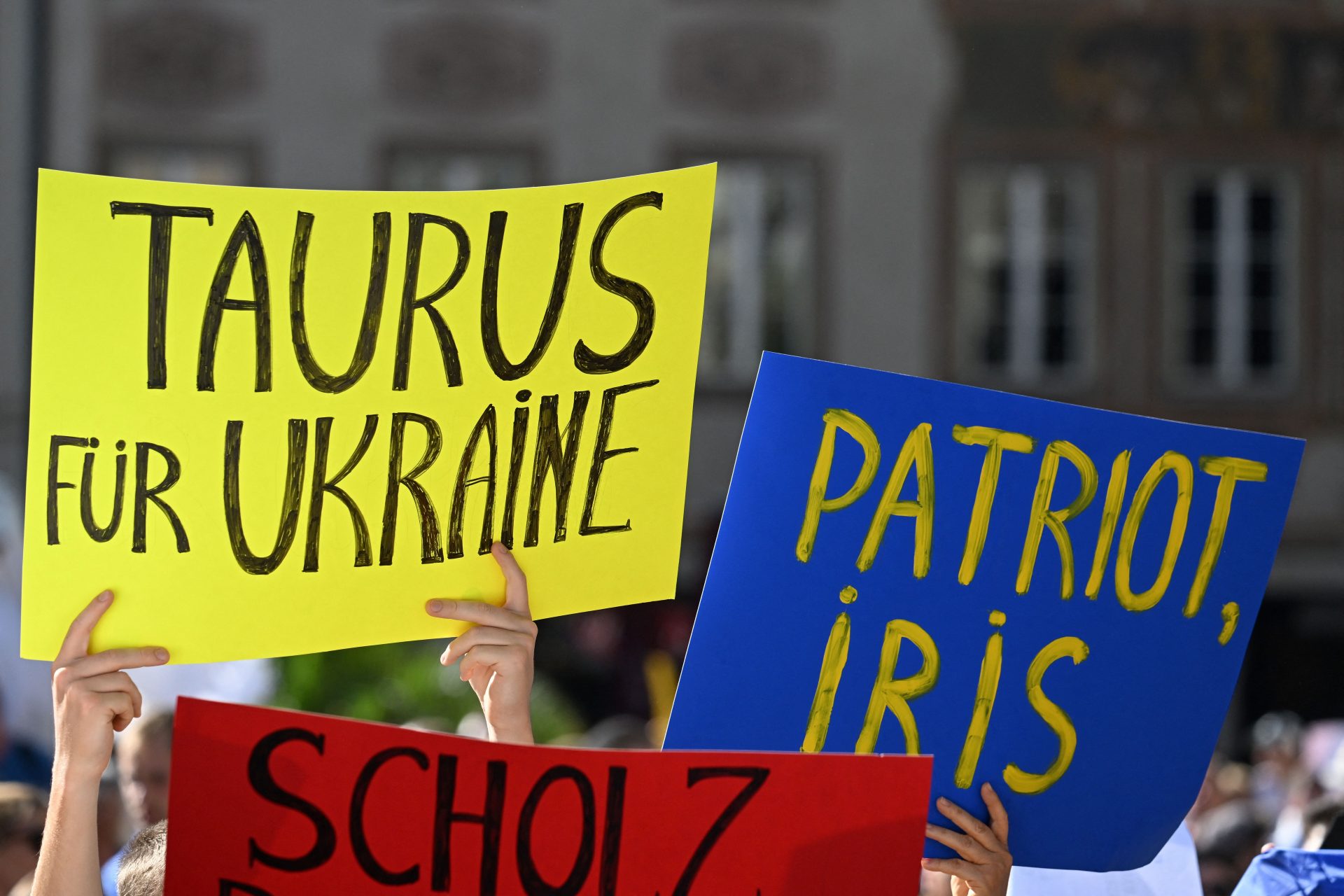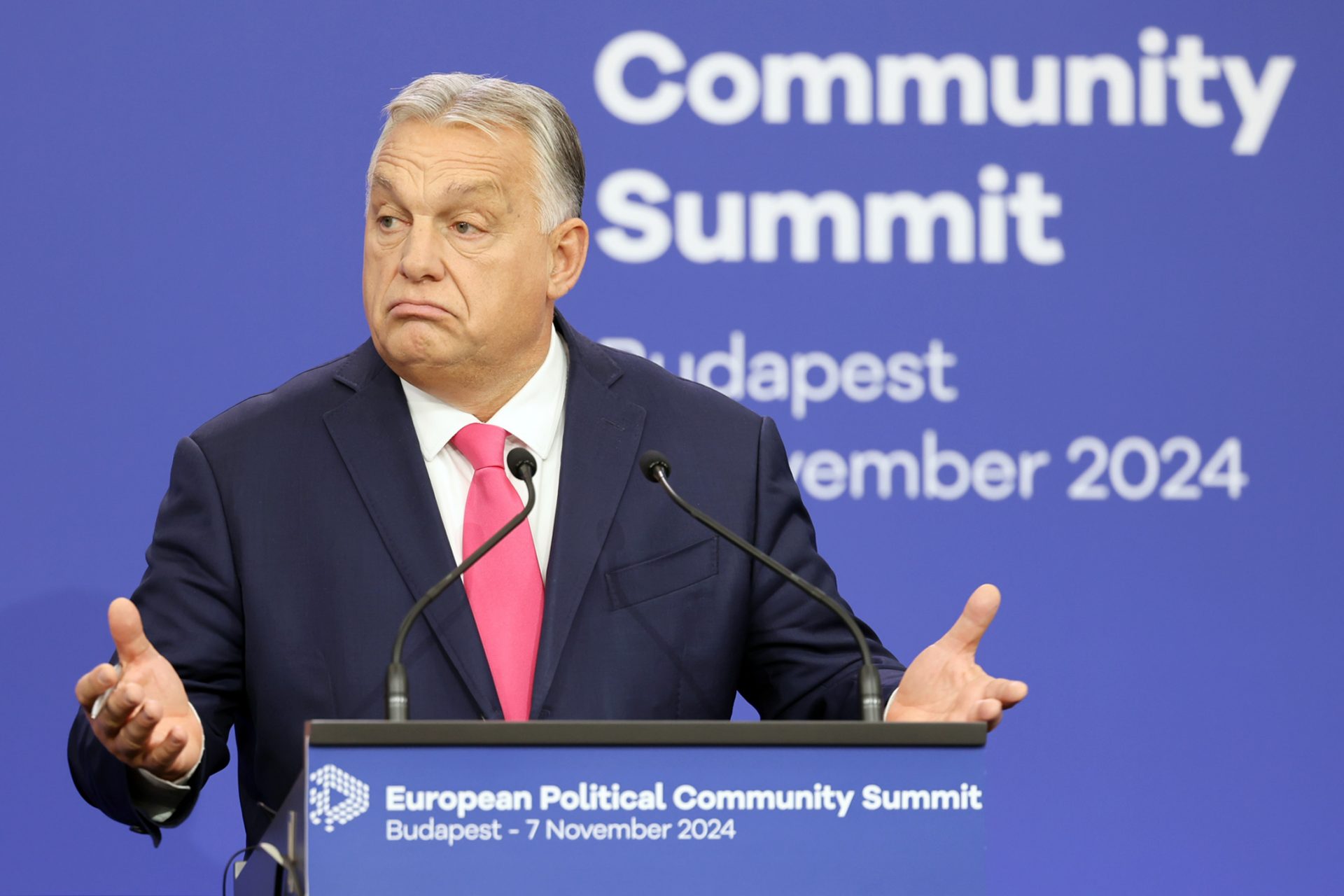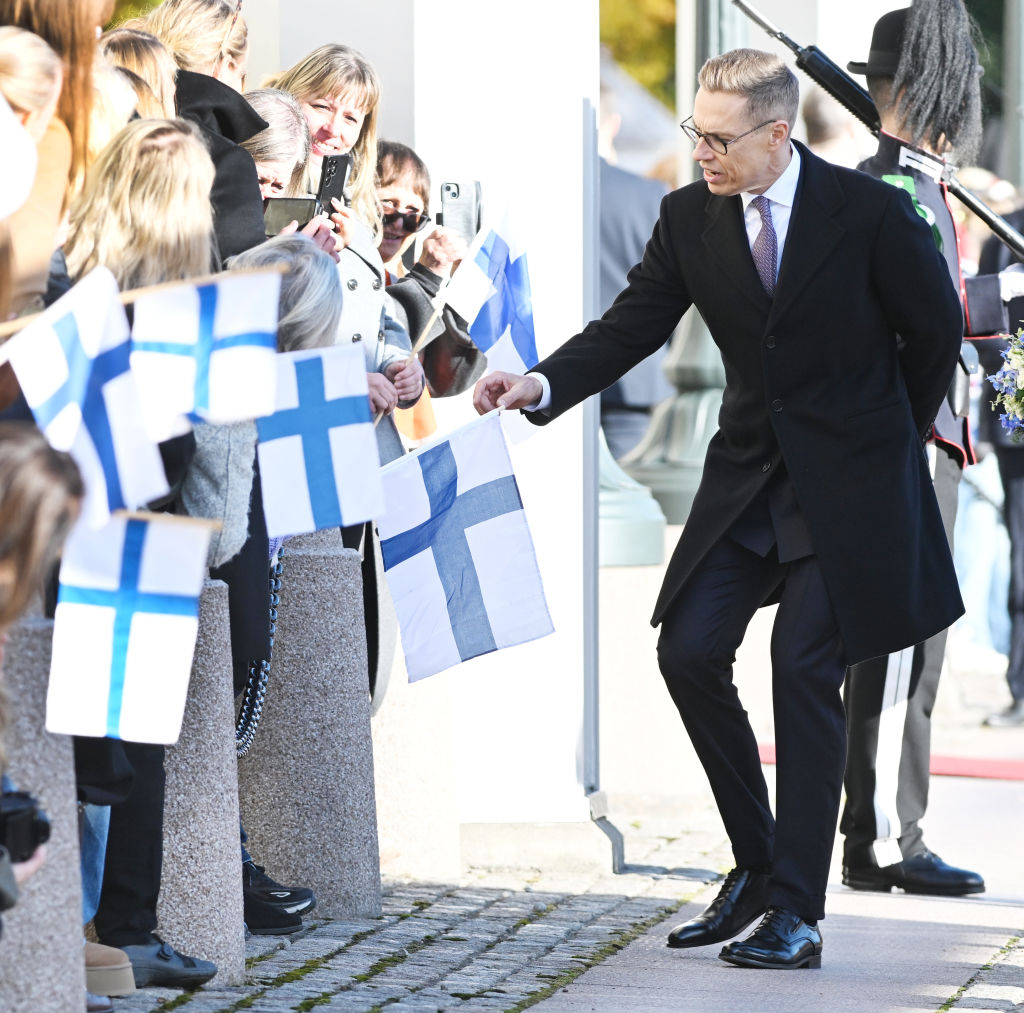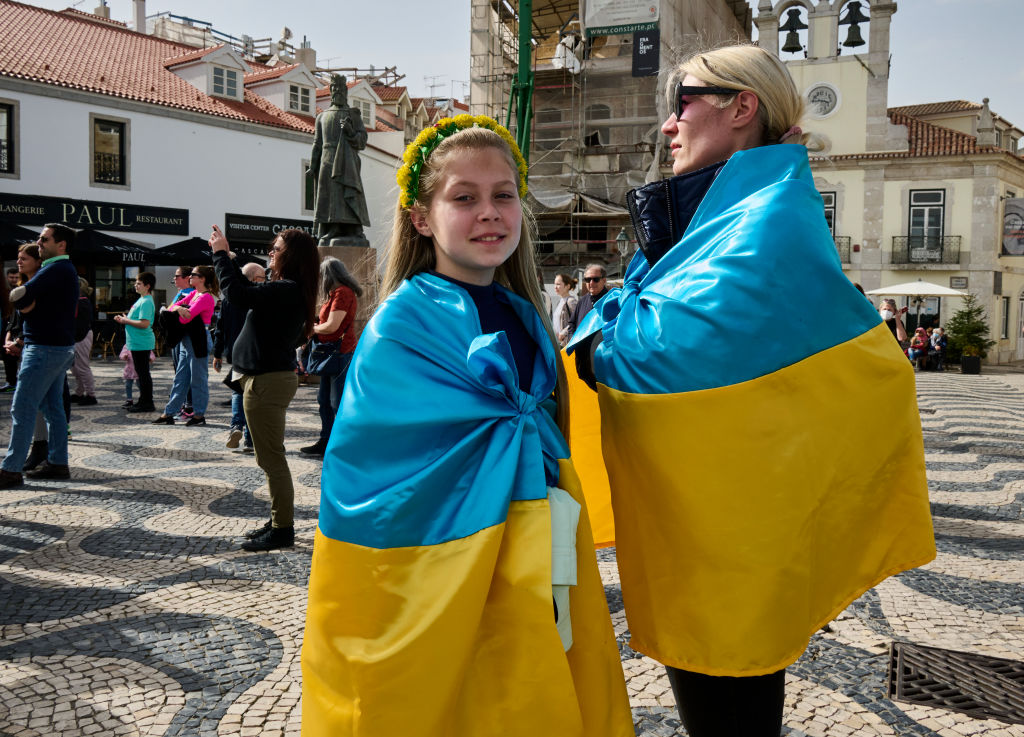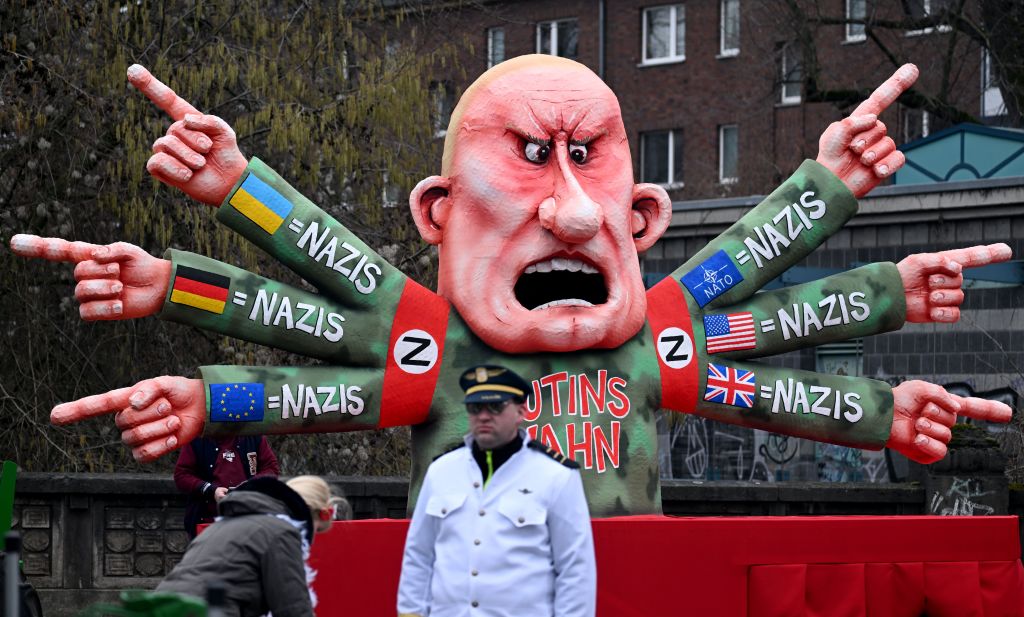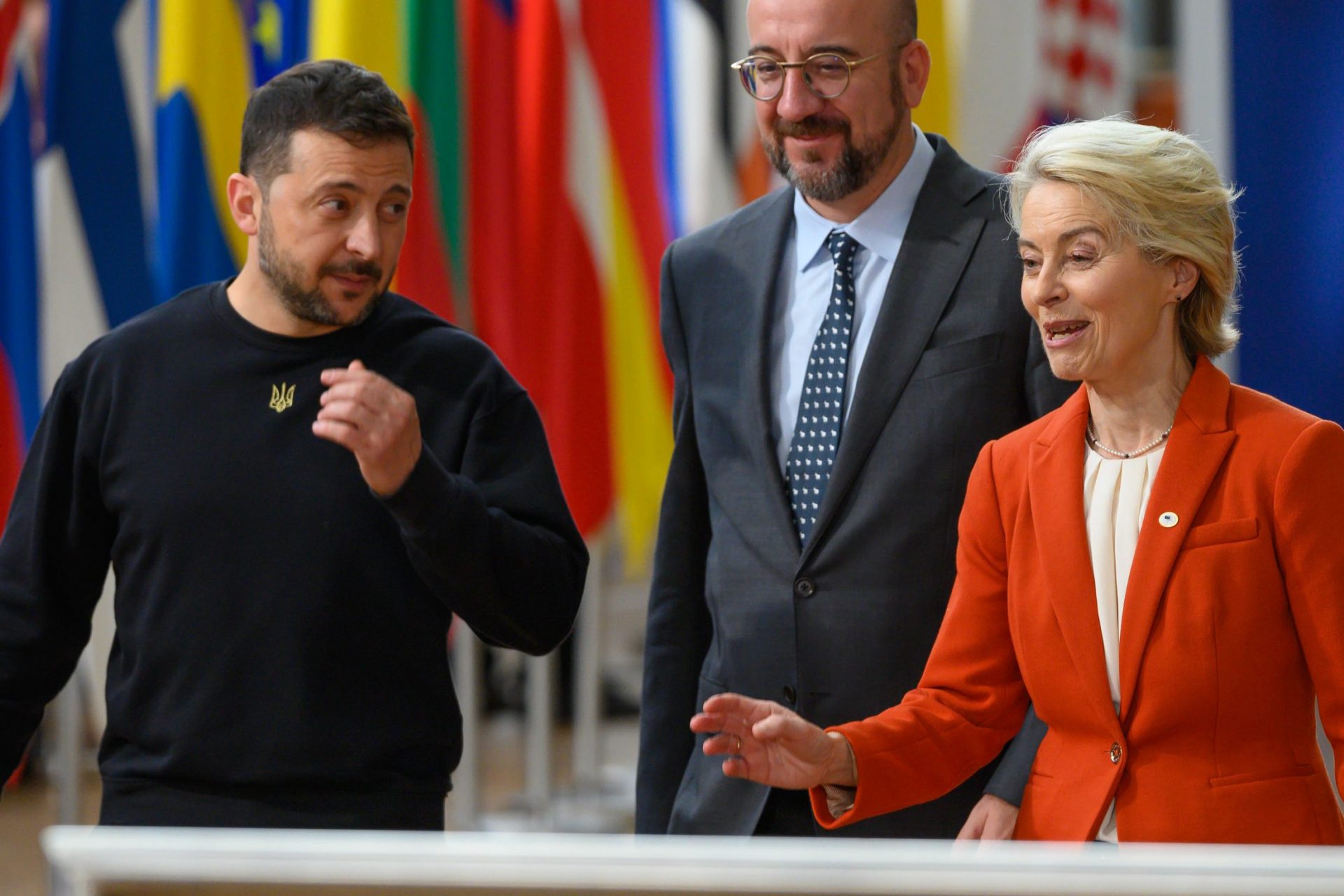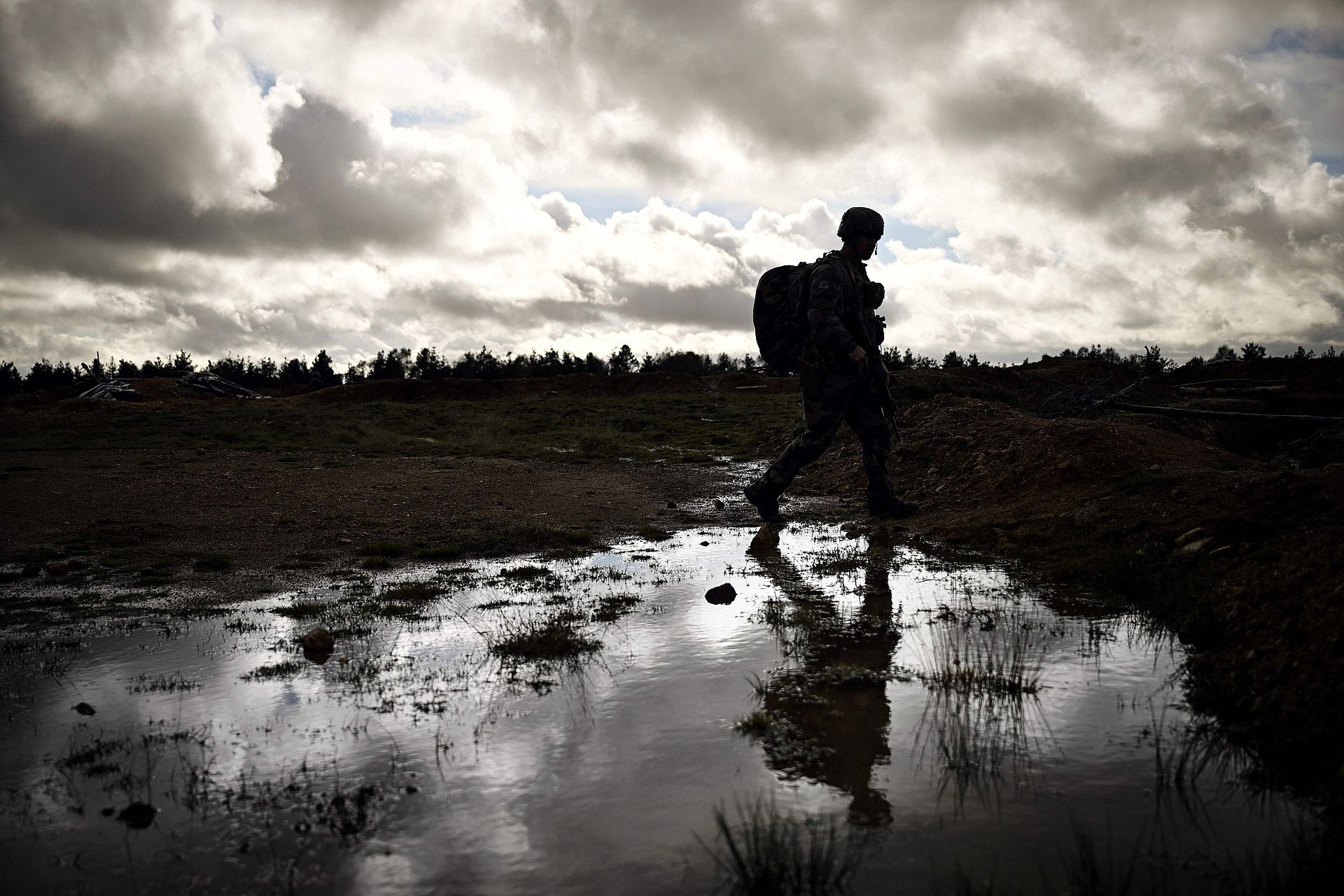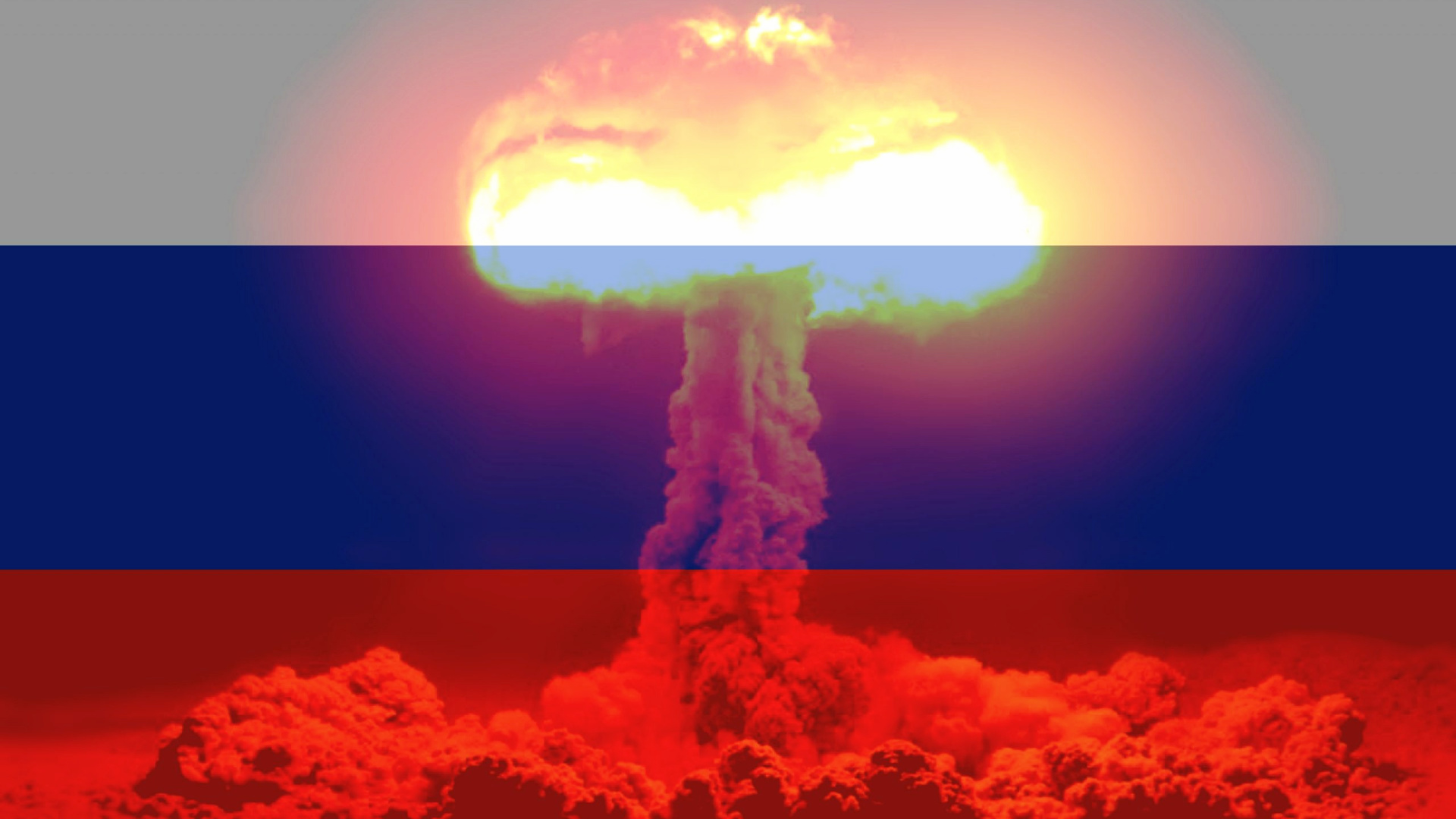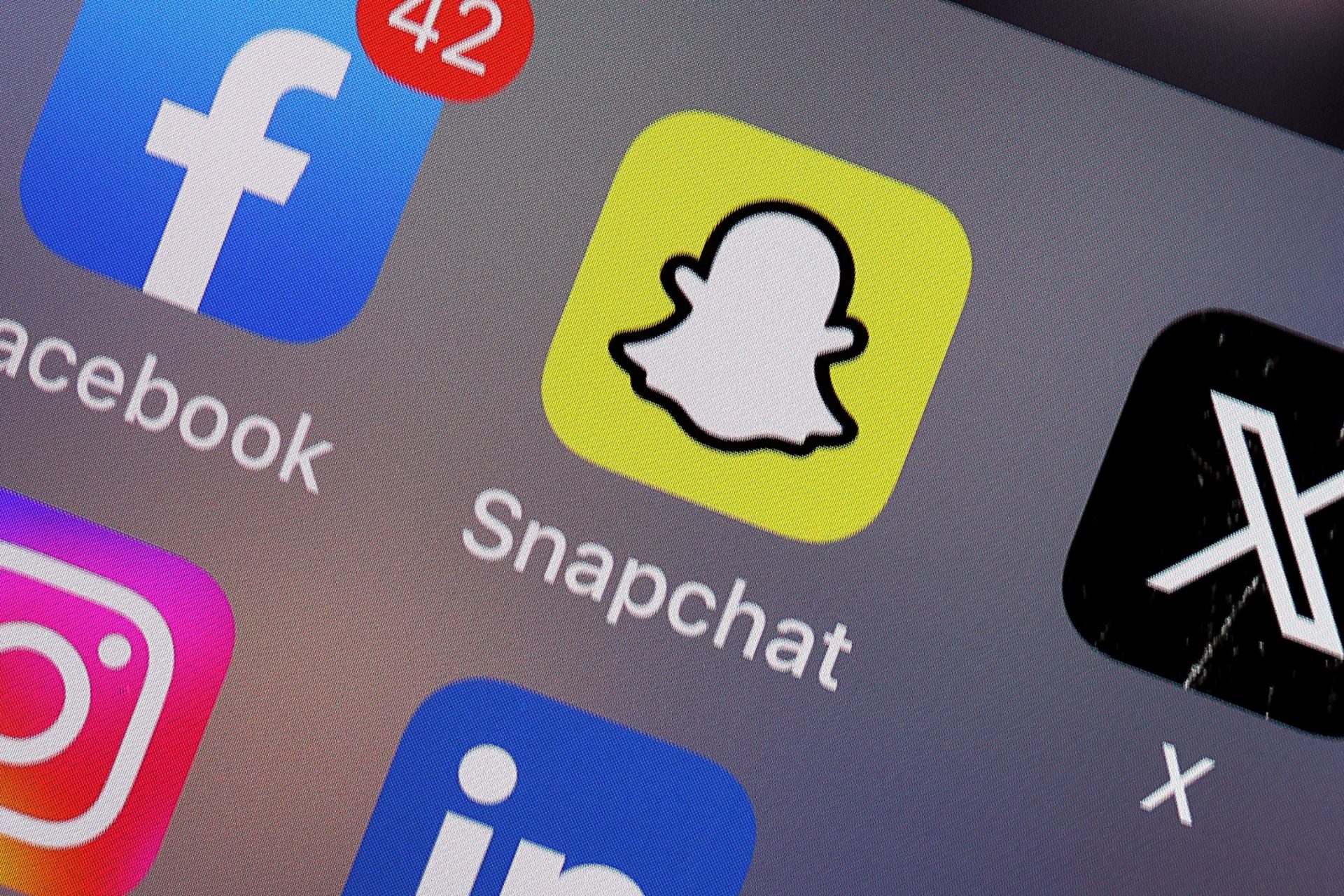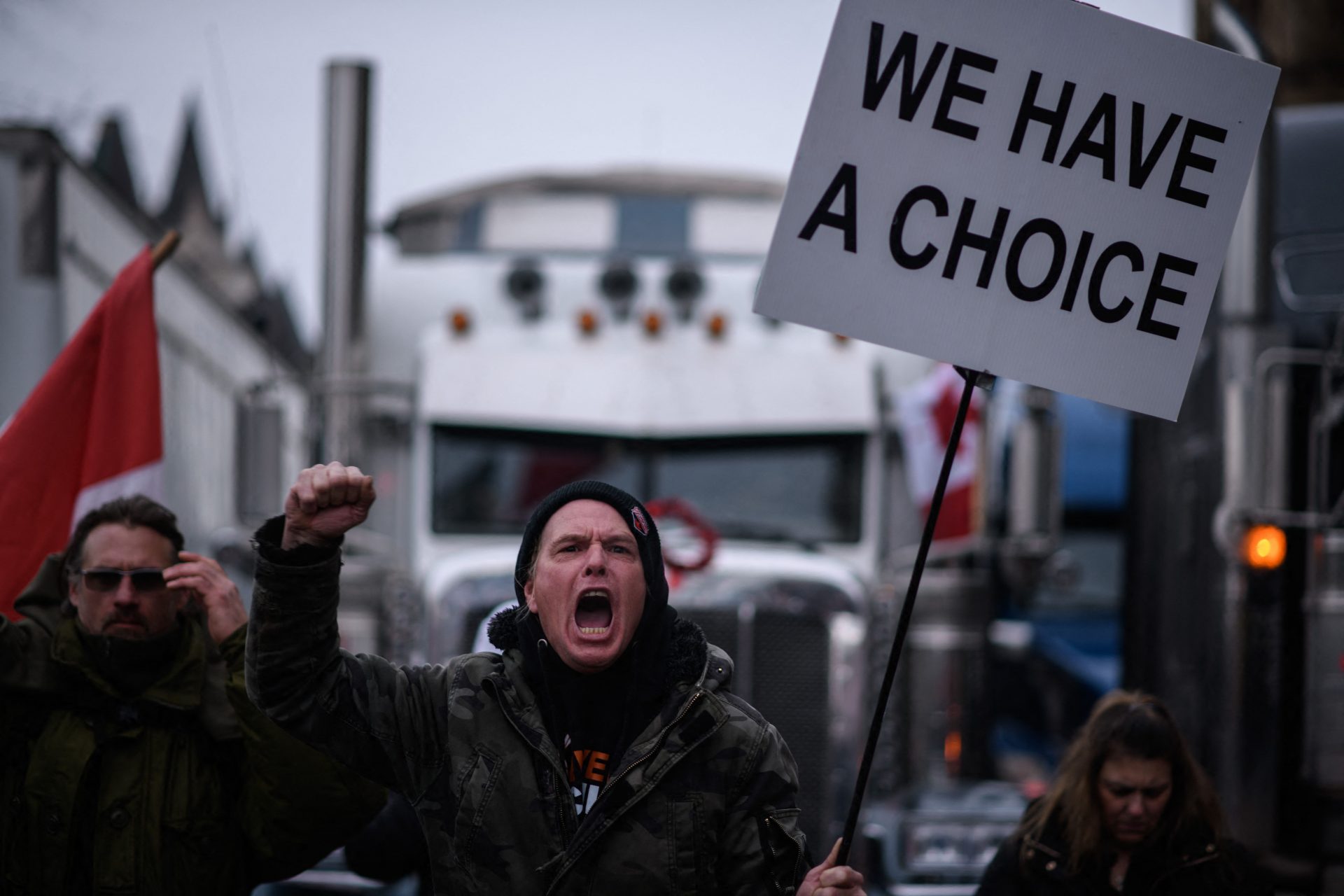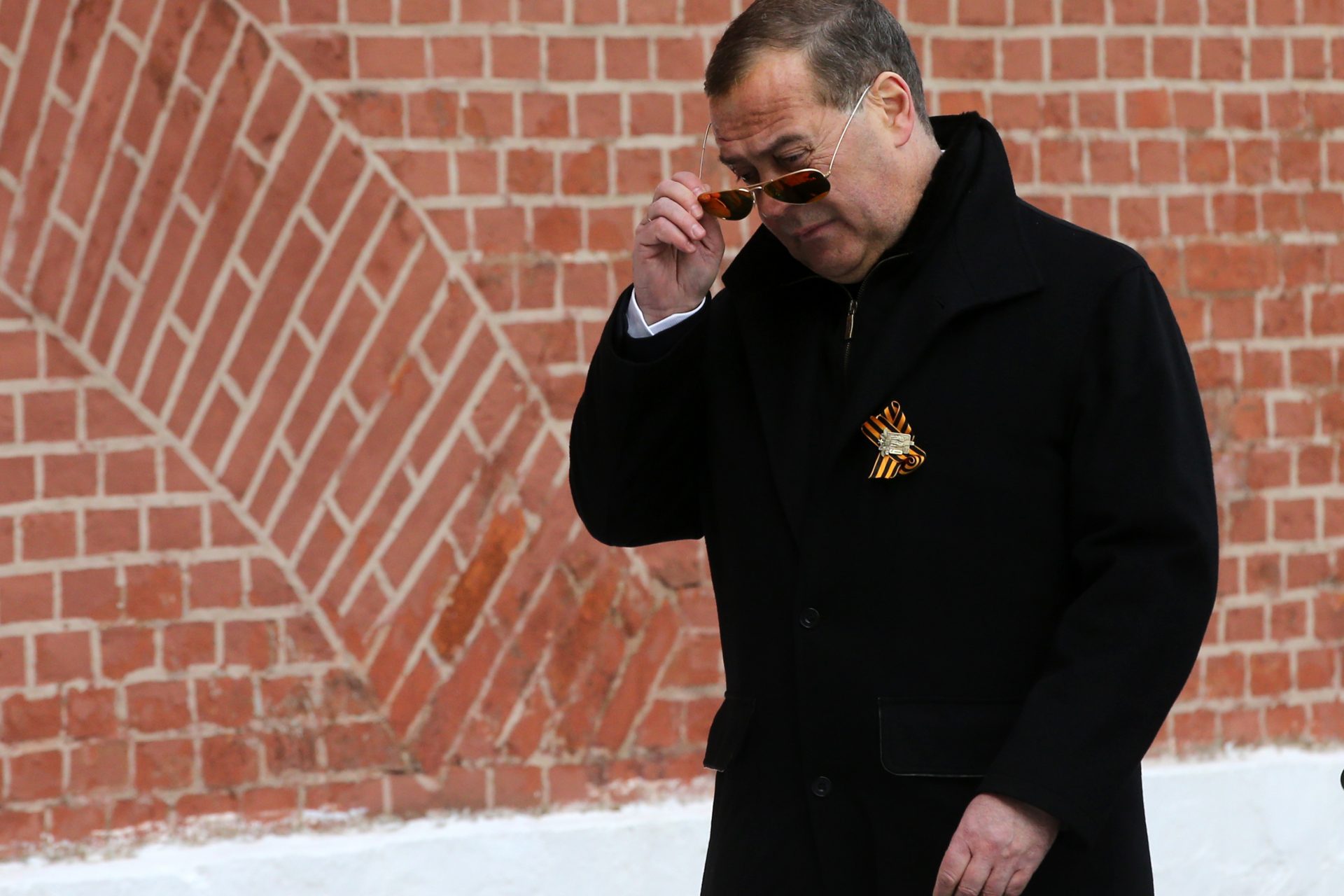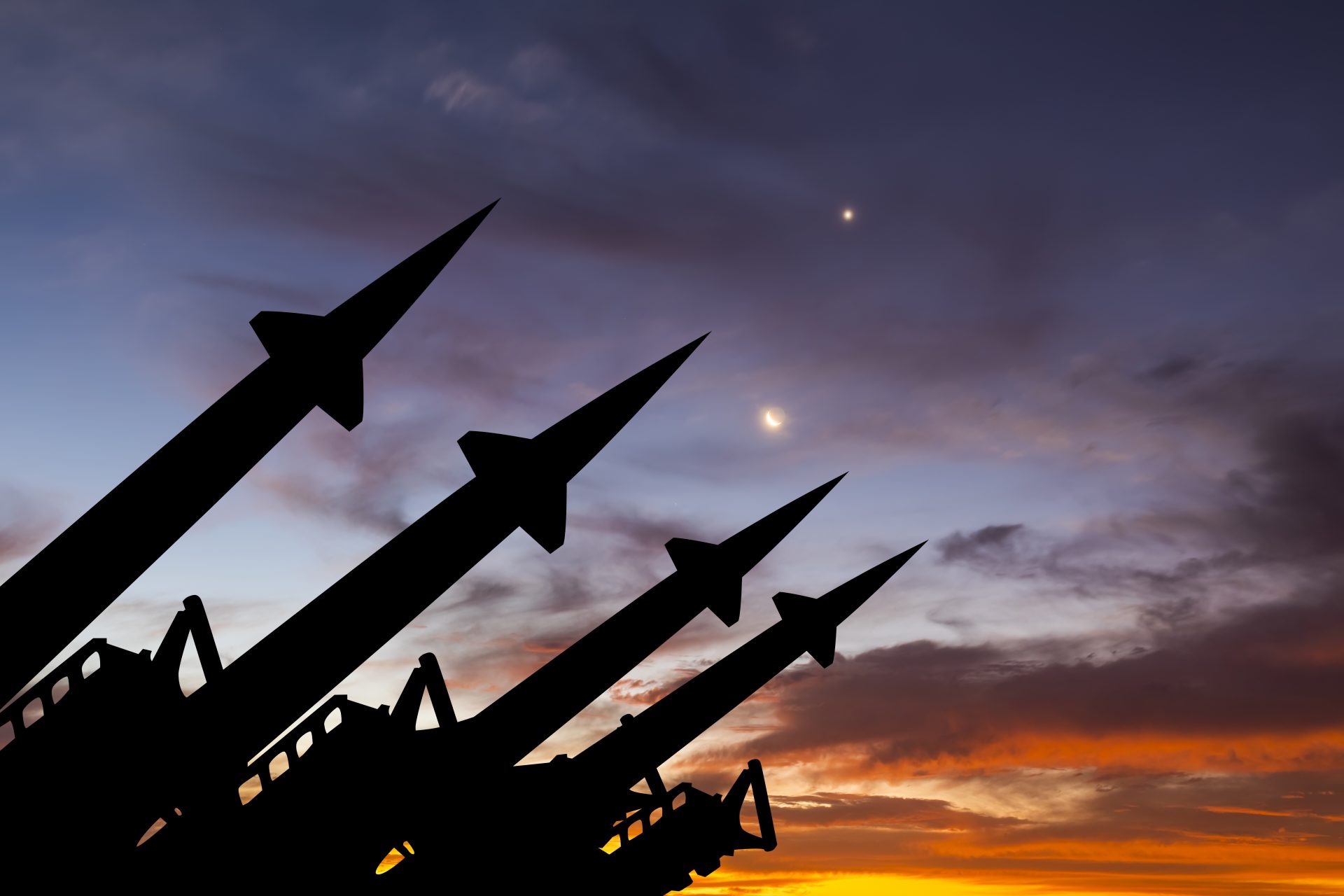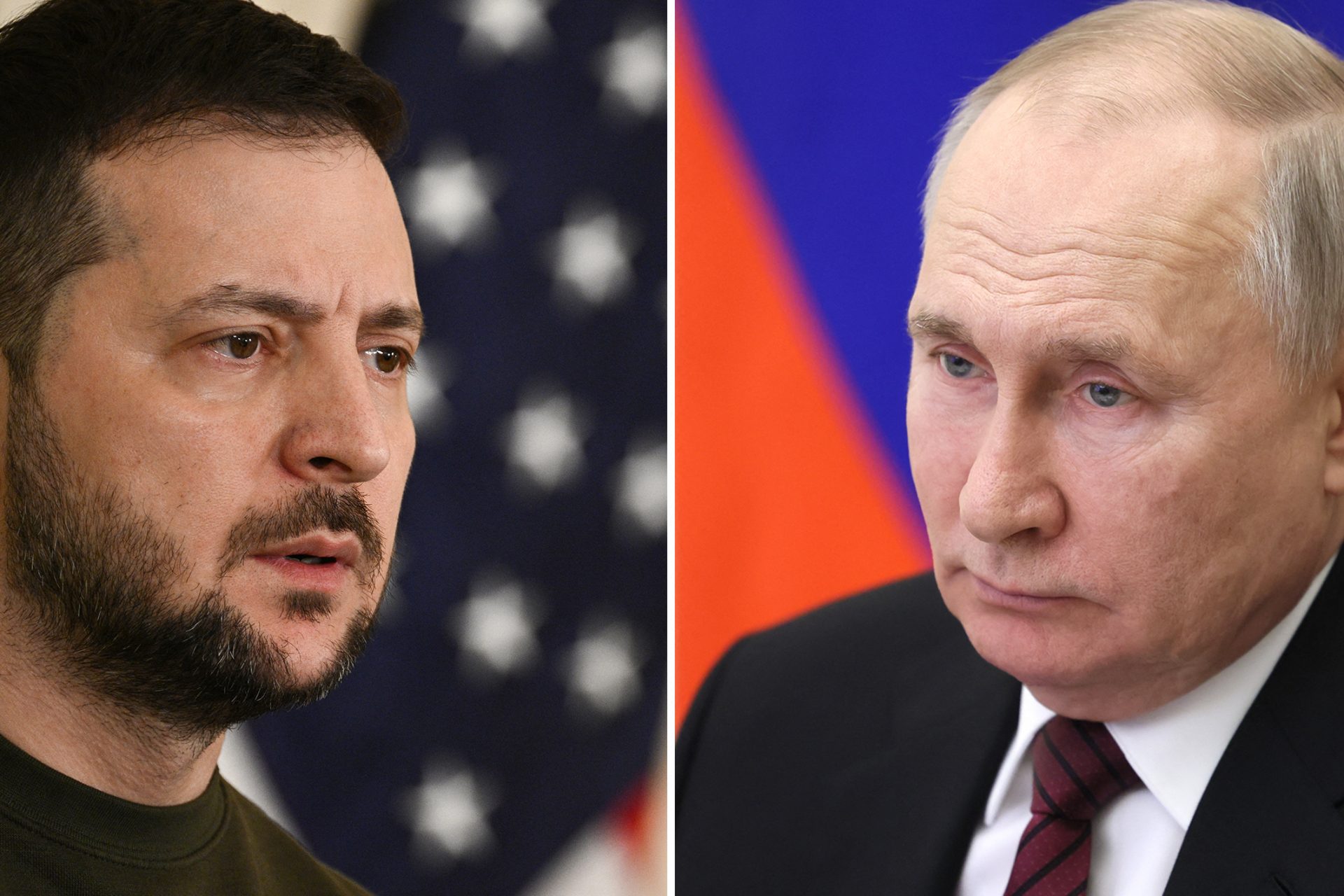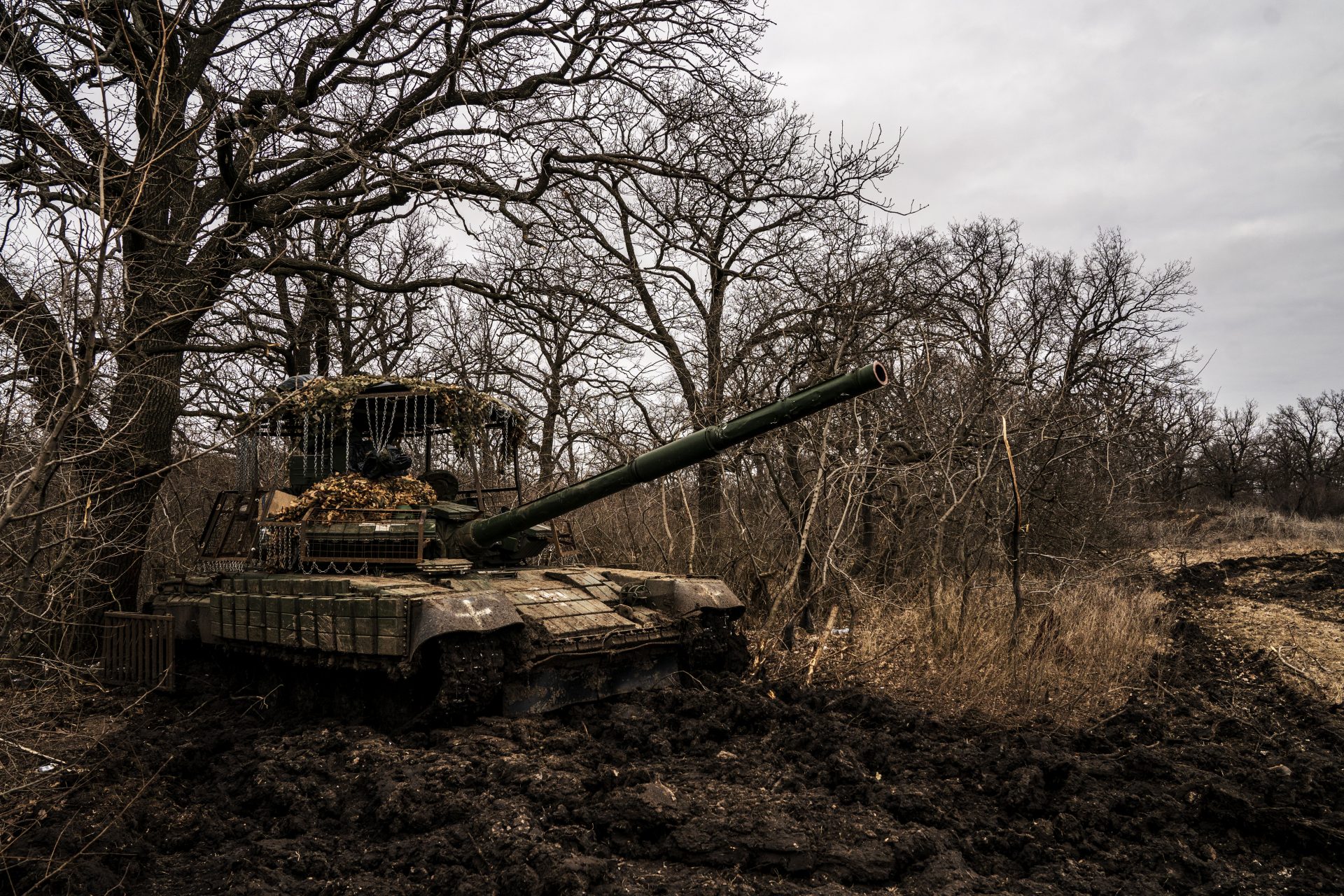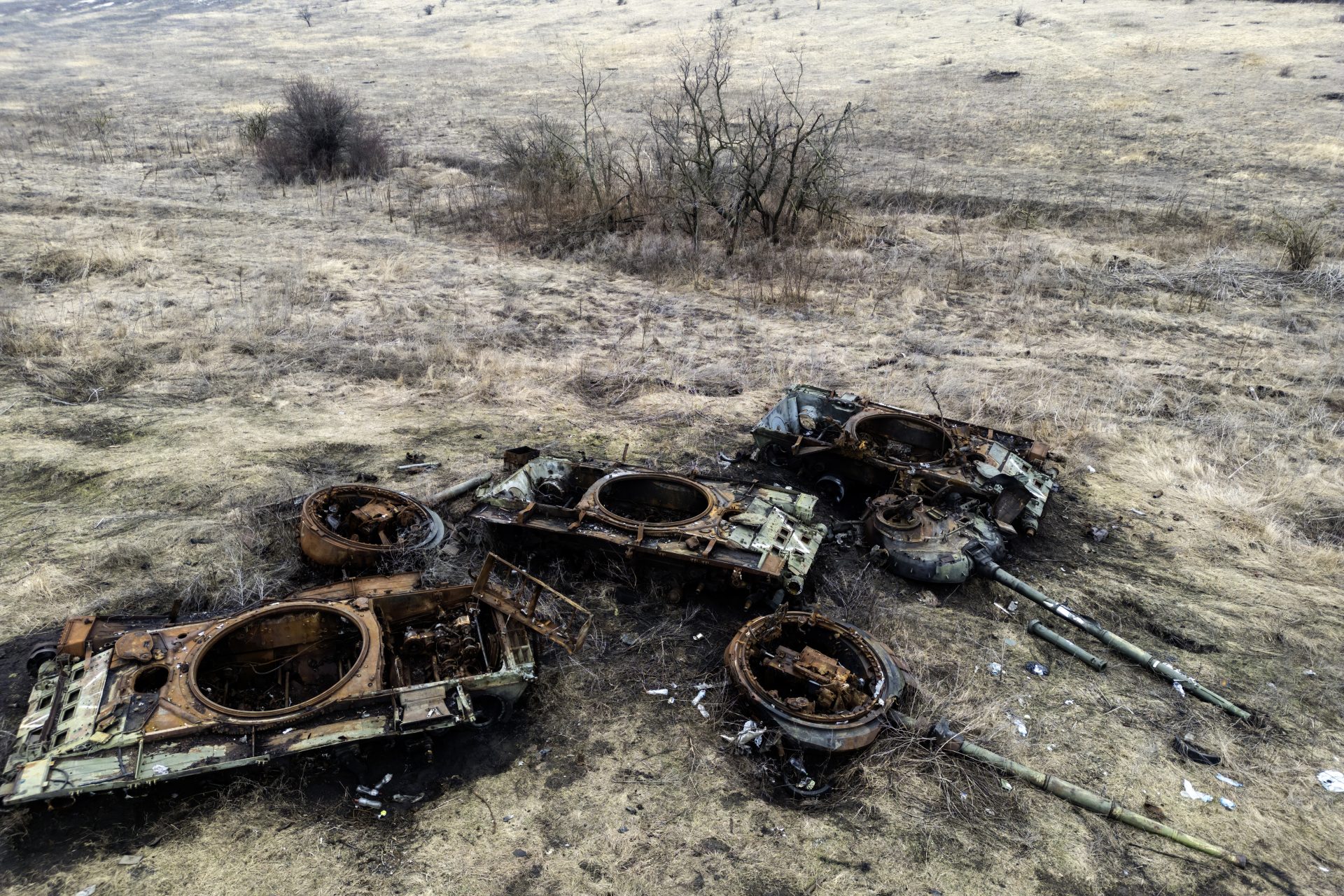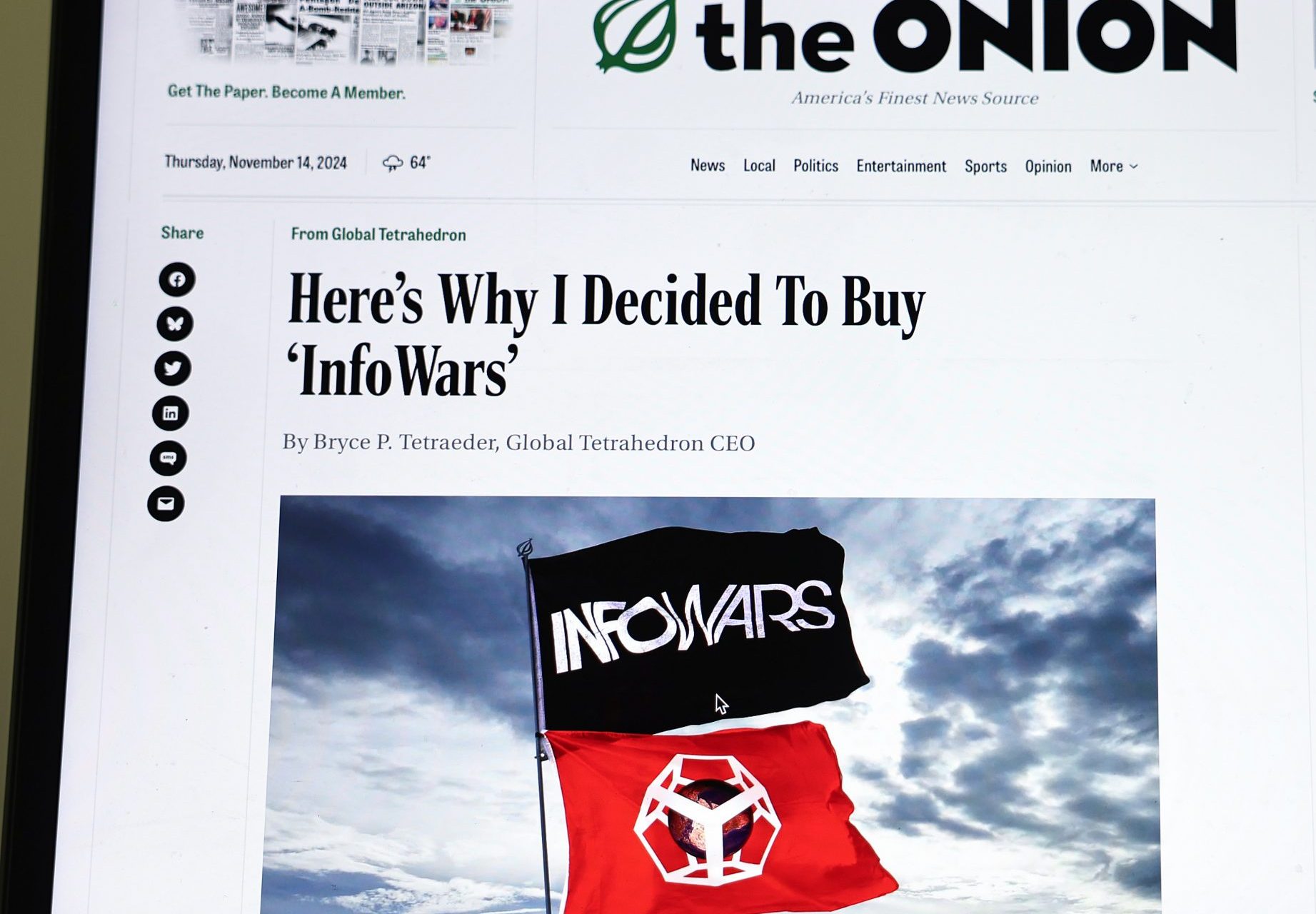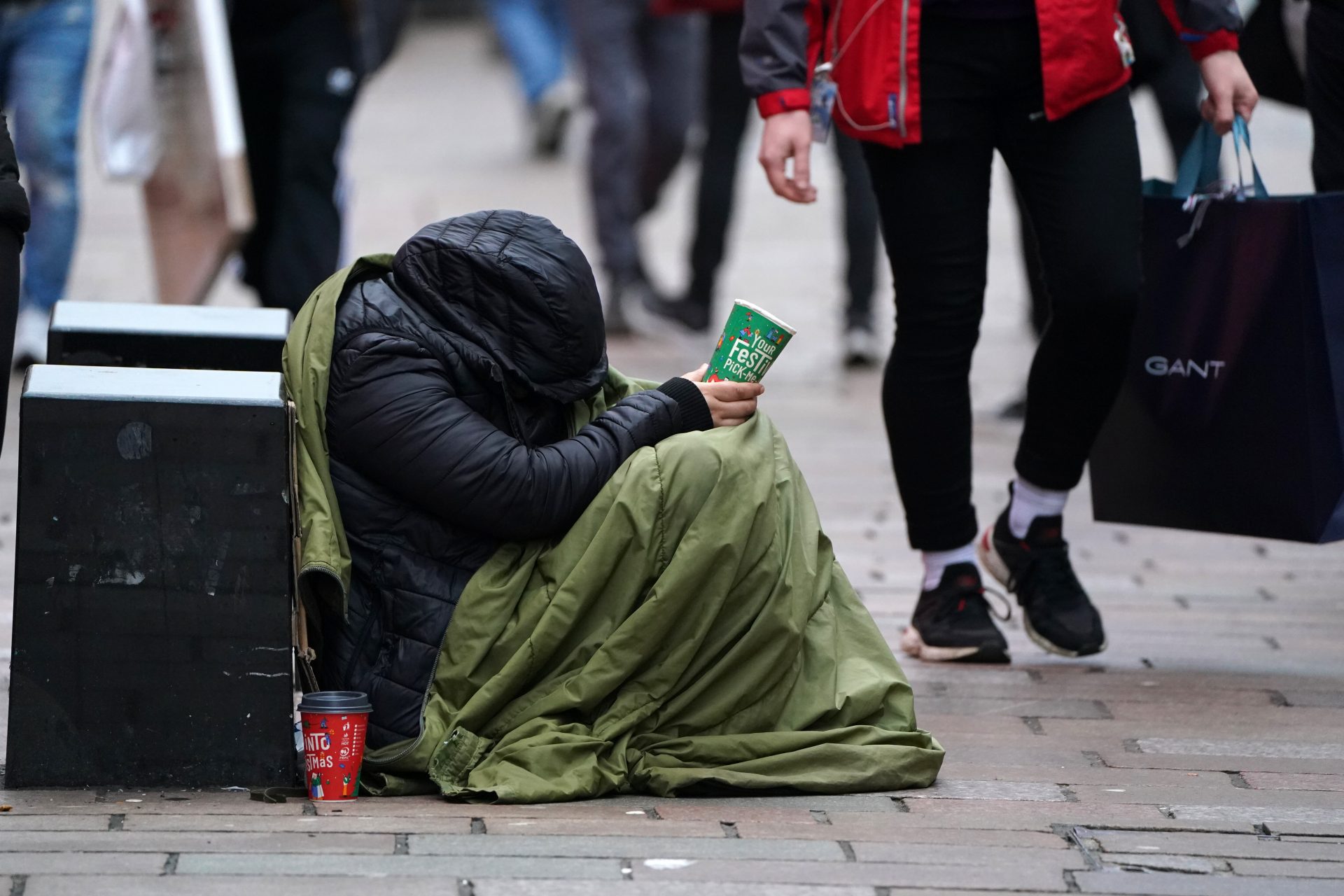Ukraine War: Will peace come as a Christmas present?
Following D o n a l d T r u m p's election victory, despite an intensification of Russian attacks, there are signs of a possible end to the almost three-year war in Ukraine, albeit with premature hype.
Recently, German Chancellor Olaf Scholz called Russia's Vladimir Putin to ask for negotiations. Scholz told local ARD television he also wanted to talk with US President President-elect T r u m p.
According to German newspaper Spiegel, the call annoyed Ukrainian President Volodymyr Zelensky: "In my opinion, the call opened Pandora's box," he said.
Germany and the US are at pivotal political moments, with the German governing coalition falling apart and the US changing presidents. Volodymyr Zelensky's popularity is also lagging.
The Kremlin qualified the US decision to allow Ukraine to use its long-range weapons inside of Russia as an escalation. However, former German SPD Chancellor Gerhard Schröder, controversial because of his proximity to Moscow, recently said that Putin was also interested in peace.
Putin could also be tired because the war is an economic burden with high military losses, Schröder said. The former Chancellor had a special connection to Moscow as head of Nord Stream 1 and 2.
US President-elect Donald Trump promised a solution to the conflict during his campaign. Still, Roman Kostenko, chairman of the Defense and Intelligence Committee of the Ukrainian Parliament, told the Frankfurter Rundschau that "talks should be based on guarantees."
Scholz reiterated his support for Ukraine in a government statement on November 13. However, he clarified that Germany would not have provided an additional 12 billion euros in aid if this would affect the economy.
However, a fund injection for military purposes also helps Germany protect itself and deter any possible Russian attack. Friedrich Merz, the leader of the conservative party and a Chancellor candidate, said that Trump would not automatically help Europe in an emergency.
The changes in the German government could also affect other forms of aid that Ukraine asks of Germany—mainly long-range Taurus missiles. Now, Chancellor Scholz is concerned that the country might use them to target Russian territory, but Merz said he would be open to such deliveries.
Germany might not be the only country changing its stand. In October, Péter Szijjártó, Hungarian Foreign Minister, told German magazine Cicero he was "convinced" peace would come "fairly quickly" if Donald Trump were elected.
Finland has suffered severe economic consequences from the war. By observing the Russian embargo, the country lost a vital tourism source. Still, after joining NATO, the nation is now more involved in the military aspects of the conflict.
Finnish President Alexander Stubb told Bloomberg that Europe should take Donald Trump's promise to end the war seriously. He expects negotiations to begin soon.
Western allies' response to Ukraine's 'victory plan' has been underwhelming. Despite Biden authorizing long-range missile targets in Russia, other Western powers are not following. That might force Zelensky to negotiate.
However, it is also clear to all observers of the conflict that neither Russia nor Ukraine will emerge from this war without a "win." Putin considers NATO and the EU hostile. Zelensky, on the other hand, fears Russia's hunger for power.
Given the changed political situation in the US and Germany, many analysts believe that negotiations on a possible end are likely. According to the DW, the Ukrainian president said in a radio interview that he is seeking peace with Russia in the coming year.
After a possible end to the war, reconstruction will demand billions. According to German magazine IPG Journal, Germany and the EU, in particular, will benefit from this. Still, the political cost might be severe in Ukraine.
More for you
Top Stories




